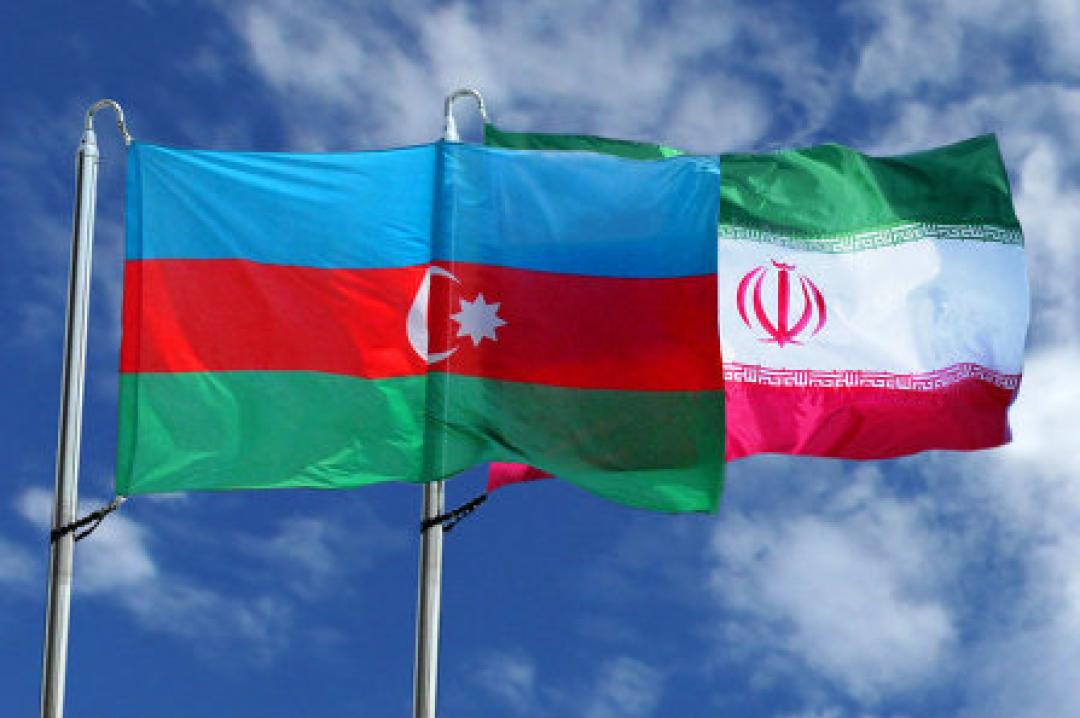
Iran and Azerbaijan Testing Normalization

There are signs that Azerbaijan and Iran are heading toward normalization of their tense relations. Difficulties will continue to beset the bilateral relationship, but pragmatism will be a defining feature of their cautious rapprochement.
Baku and Tehran now appear to be de-escalating heightened tensions in a series of recent diplomatic efforts and political gestures. In June, Iranian Foreign Minister Hossein Amirabdollahian spoke by telephone with his Azerbaijani counterpart, Jeyhun Bayramov, during which the two stressed the need to improve relations. In July, Baku hosted a ministerial meeting of the Non-Aligned Movement, where the Iranian minister, during an unscheduled meeting with Azerbaijani leader Ilham Aliyev, discussed increased dynamics of trade and economic relations, prospects for the development of the International North-South Transport Corridor (INSTC) and communications between Azerbaijan proper and the Nakhchivan exclave through Iranian territory.
Nasser Kanaani, spokesman for the Iranian Foreign Ministry, signaled on July 11 that relations between Iran and Azerbaijan could improve. More importantly, he promised that Tehran would provide "maximum security" for the Azerbaijani embassy in Tehran. On July 17, a joint conference of the Azerbaijani and Iranian commissions for economic cooperation was held in Astara, where problems of developing regional and international transport communications, such as the construction of the Astara cargo terminal by the end of 2024, were discussed.
The rapprochement appears to be reaching into the information sphere, another important area where mutual mistrust is high. On July 21, Iran's government-run IRNA news agency unveiled an Azerbaijani website.
Tensions and mutual mistrust, however, would not disappear overnight. The reasons vary. One of them, however, has to do with connectivity. Essentially, the disagreements between Azerbaijan and Iran intensified after the Second Nagorno-Karabakh War, when the issue of trade routes and transit corridors came to the fore. Tehran does not want any significant changes to the status quo that has prevailed since the 1990s, while Baku seeks to gain greater maneuverability by opening new routes and thereby minimizing Tehran's transit advantage.
In the recently published article, a senior foreign policy advisor to the Leader of the Islamic Revolution, Ali Akbar Velayati, argued that what Azerbaijan and Turkey want to do by establishing the so-called Zangezur corridor is to cut off Iran not only from the South Caucasus, but also from the North Caucasus and the rest of Russia. The message was clear: Iran will oppose the creation of East-West corridors through Armenia and will find the latter's steadfast support.
The major challenge for Tehran is that it has only Armenia's support. Azerbaijan, Turkey and even Russia (at least rhetorically) are pushing for the implementation of the East-West corridor. Moscow's position is particularly interesting given its traditional support for north-south trade and infrastructure routes. Indeed, the issue of connectivity is so important to Iran that its resolution could serve as a basis for rapprochement between Tehran and Baku. When Armenian Foreign Minister Ararat Mirzoyan visited Tehran on July 25, his Iranian counterpart noted that "Iran and Armenia recognize the importance of the historical transit route and both nations seek to maintain and strengthen its functionality.
One issue that will continue to test Iran-Azerbaijan relations is the latter's increasingly close ties with Israel. Baku recently opened an embassy in Tel Aviv, and numerous high-level Israeli visits to Azerbaijan have fueled tensions in Tehran. Iranian leadership argues that Israel wants to use Azerbaijan as a pressure point because of its geographical proximity to the north of the Islamic Republic.
Another difficult issue, though less often discussed, is Iran's inherent fear of Turkey's growing geopolitical role along its northern border from Nakhchivan to Turkmenistan in Central Asia. At stake is the balance of power in the South Caucasus, which from Tehran's perspective has tipped in favor of the Ankara-Baku alliance. However, Iran seems unwilling to openly challenge Turkey's role as it does with Israel. There are many interrelated circumstances that push Tehran and Ankara to maintain close and mostly friendly relations.
Therefore, a longer-term perspective shows that relations between Azerbaijan and Iran are likely to remain tense. The geopolitical imperatives of the two countries are now more in conflict than vice versa. This sets the stage for mutual mistrust and intermittent escalation of diplomatic rhetoric as well as military moves such as exercises along each other's borders. Yet at this particular moment, both sides seem to be trying to manage the relationship from falling into a hot phase. Both benefit greatly from close economic ties. Both also now see the expansion of the INSTC as a mitigating factor. Strangely enough, Baku and Tehran are likely to seek rapprochement precisely because they can hurt each other in many areas. Interdependence could be both positive and negative. Managing the two is difficult, but possible.
Emil Avdaliani is a professor of international relations at the European University in Tbilisi, Georgia, and a scholar of the Silk Roads.
See Also


From Neorealism to Neoliberalism: Armenia’s Strategic Pivot in Foreign Policy After the Nagorno-Karabakh Conflict

Georgia and Russia: New Turn in Bilateral Relations

3+3 Initiative as a New Order in the South Caucasus

Economic Cooperation Between Armenia and Georgia: Potential and Challenges Ahead

